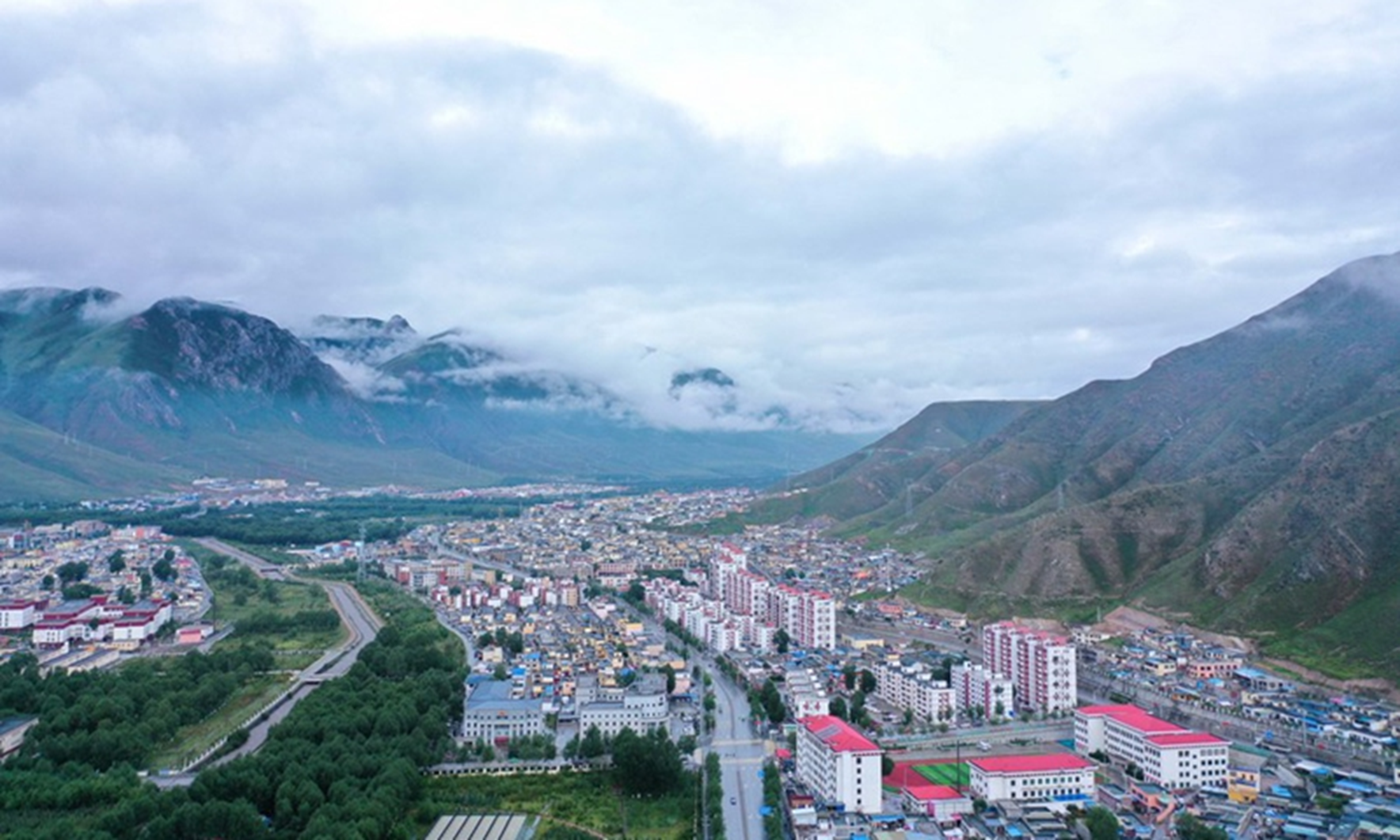
Tibetan Nomad Arrested and Fined after Sharing Lhakar Celebration Online
The arrest comes after new regulations imposed by the Chinese government, banning all religious activities on the internet without a licence
Free Tibet understands that just two hours after sharing an image celebrating the tradition of White Wednesday on a WeChat group, Tibetan nomad Passang (པ་སངས།), aged 40, was detained on 4 March 2022 in Domda Township in Thirdu County.
Passang was arrested in his home, fined 5000 yuan (roughly 500 GBP) and forced to undergo so-called thought-reform education for 15 days. He has not been seen since.
Lhakar, commonly known as White Wednesday, is a movement that aims to resist Chinese occupation and promote Tibetan identity by speaking the Tibetan language, wearing Tibetan clothing, and boycotting Chinese businesses on a single day of the week. It is important to note that the movement is not in itself religious. It is loosely linked to Buddhism in that Wednesday is the day the Dalai Lama was born, dubbed his ‘soul day’.
WeChat is a multipurpose app that enables a plethora of activities, such text messages, video calls and payments, but is widely understood to be subject to the mass surveillance network in China. In effect, this means content on this platform is heavily surveilled and scrutinised by government algorithms which scans for politically-sensitive topics. This may explain how Passang’s actions were discovered.
As of 1 March 2022, the State Administration for Religious Affairs has enforced a new regulation (coined Article 17), stipulating that in order to carry out religious activities online, one must acquire a government-authorised licence. Those caught doing so without a licence face punishment. The Chinese government arrested Passang after his posting of a photo with an overlay text reading “Lhakar Sang (ལྷག་དཀར་བཟང་།)” – meaning Happy White Wednesday – on the basis that this violated the new regulation.
While this message can be interpreted as political, it primarily aims to promote Tibetan culture and thus does not violate Article 17 on religious grounds. As such, Passang’s arrest portrays Article 17 as a means for the Chinese Communist Party to crack down on content that it sees as damaging to the country and government.
This arrest is the first that is currently known to have occurred under the invocation of these new laws, yet is unlikely to be the last of such crackdowns upon Tibetan traditions, despite the government’s claims that the freedom of religious belief is protected and enshrined within its constitution.

